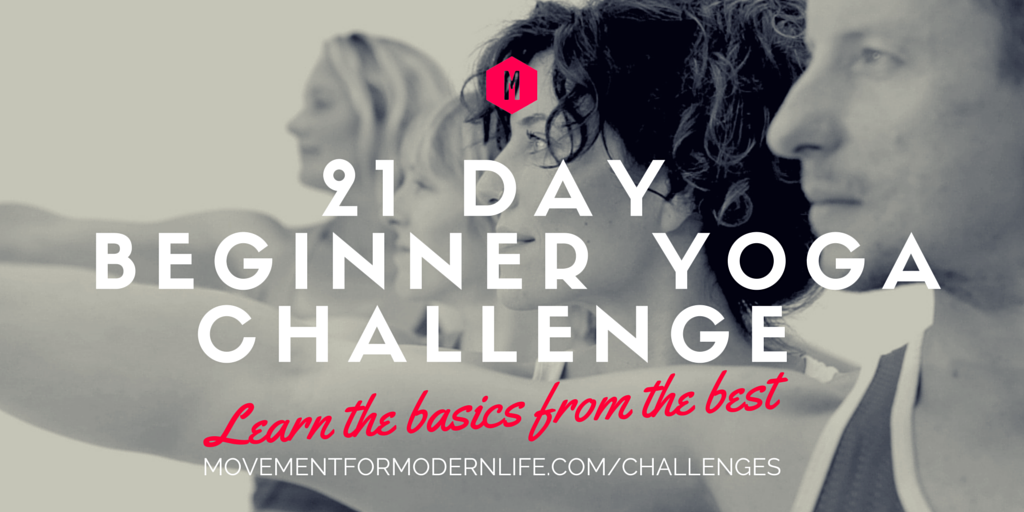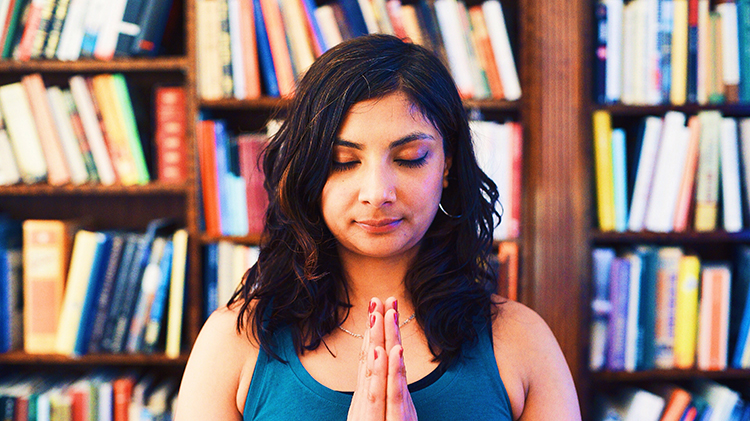‘The first limb of yoga is yama, which is likened to the roots of the tree because it is the foundation from which the rest will grow.’ BKS Iyengar, The Tree of Yoga
If we are looking to upgrade our yoga practice and explore more fully the spiritual aspects of the yoga lifestyle, then starting with understanding the first of the Eight Limbs, the Yamas or restraints, will offer a helpful foundation. While the concept of ‘restraints’ sounds a little intimidating, it is important to remember that these are self-imposed frameworks that we can use to help us make decisions and live well, respecting others and showing compassion to the wider community. While yoga is not a religion, it can be described as a belief system or philosophy, and the Yamas can be a useful guide to help us reflect on our behaviour and its consequences. Living by the values set out in the Eight Limbs allows us to take yoga off the mat and live it as an embodied practice.
What are the Yama values?
Here is a list of all of them: ahimsa (non-harming); satya (non-lying); asteya (non-stealing); bramacharaya (sexual continence) and aparigraha (non-hoarding). Some of these values may initially cause dismay (bramacharaya is not about being celibate – don’t panic!), they are all open for interpretation and can be lived differently, depending on the individual.
The way in which these values have been embodied by yogis has changed a great deal over time. Life is very different now compared to the austere existence of a practitioner isolated and meditating on a mountain in India; we can’t really have the same expectations. Let’s take a look at how the Yamas can be applied to modern life.
Ahimsa – non-harming
Ahimsa is about not harming ourselves as well as others, and it is the Yama that has given rise in yoga to the debate as to whether yogis should be vegetarian, to avoid harming animals. As you can imagine, this Yama in particular provokes a lot of discussion. It’s also important to consider ahimsa in terms of not harming others emotionally. For example, gossiping about a colleague behind their back would be considered counter to this value, as would being emotionally abusive to a partner. This is one value which is endlessly debatable in the yoga community.
Satya – non-lying
Practising satya requires tact and diplomacy. We could speak the literal truth all the time but potentially cause a great deal of offence. Does our best friend really need to know that we don’t like their new dress, or that our partner’s first attempt at cooking a new recipe failed miserably? However, speaking our truth in life becomes crucially important to our happiness if we don’t say what’s really on our minds in relationship discussions, for example. Does our partner’s criticism of our family bother us? Then we need to speak up and state calmly what it is on our minds, as clear communication is the bedrock of any successful relationship. Yoga poses that open the throat chakra (vishudda) such as backbends are there to help us open up and say what needs to be said.
>> Try our NEW Backbend Express Yoga Video >>
Asteya – non-stealing
Most of us were raised to understand the difference between right and wrong, and not stealing things from others is a value most of us would agree is a foundation of an honest life. Additionally, it can apply more broadly to our modern world. Taking credit for someone else’s great marketing idea at work is a form of theft, as is Instagramming a photo of our ‘own recipe’ cupcakes when we know we plundered the whole thing from Nigella. Inevitably, the Internet can be a hotbed for stealing – I’ve seen wording taken wholesale from various blog posts of my own appearing on other people’s web sites without any referencing, which is a form of intellectual theft. Try to be happy with what you have and don’t appropriate without acknowledgement.
Brahmacharaya – sexual continence
Before you panic, there is nothing in the yoga texts recommending celibacy or abstinence from sex. As you may expect from such a non-judgmental and compassionate practice such as yoga, the key to a balanced sex life is about consideration for your partner and your own wellbeing. Sleeping with someone who makes us feel bad about ourselves? Call time on it. Or are we guilty of using someone for our own gratification, knowing that they desire an emotional connection we don’t want to give them? You know what to do. In yoga, sex, like alcohol, should be enjoyed responsibly but can still be enjoyed in great variety and with pleasure!
Aparigraha – non-hoarding
Finally, aparigraha is very helpful value to keep in mind in our age of shopping at the click of a button. This value asks us to live within our means and not accumulate things we simply don’t need. We may want those new yoga pants that have just appeared in our favourite online store, but are they really necessary? We could make a commitment to give away an existing item in our wardrobe for each new one we buy, or make a donation to charity instead of spending mindlessly on our credit cards. Aparigraha teaches us the value of living modestly in a consumer society and to be grateful for what we have.
Having reviewed the Yamas, we can start by choosing one to observe for a week and see if this helps us to make good decisions or helps us do better by others. However we choose to work with these values, keeping them in mind can really help us to stop and think carefully about our actions when life decides to test our commitment to yoga.
This post was written by Tracy Johnson, the founder of Brainbox Coaching and Empower Yoga Bristol. She trained under Sally Parkes and is a 200 hour RYT with Yoga Alliance. Tracy blends her yoga teaching with confidence coaching and stress management to create a holistic practice, and runs her classes with warmth and humour. She is the author of a careers guide, Working in Science, co-author of The Coaching Gurus, and writes for publications such as OM Yoga Magazine, Globe of Love, Happiness+Wellbeing, MindBodyGreen and has been featured in the Guardian, Body Fit magazine, the Bristol Post and Cardiff Life. She is also a career and confidence coach, self-defence instructor and an Integrative Nutrition Health Coach, and is currently writing a book combining yoga with her coaching techniques for stress management. Follow Tracy on Twitter.

Whether you’re new to yoga or have taken a break and are ready to begin again, we’re here to help you commit to the journey!
Visit our Yoga for Stress and Anxiety: A Complete Guide







Leave a Reply